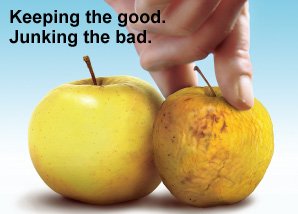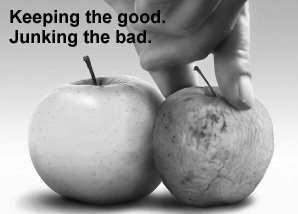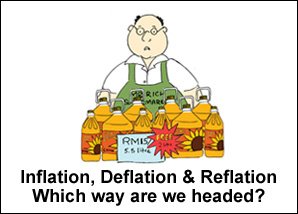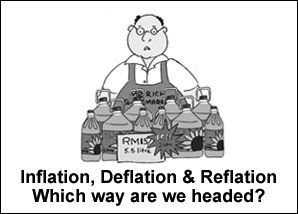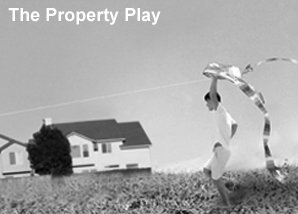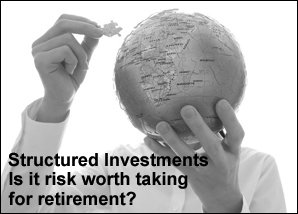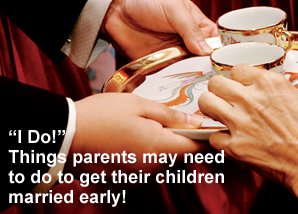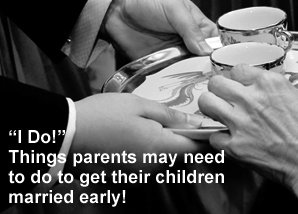The PRICE of HAPPINESS
It may not be as high as you think
Money can’t buy happiness? It may not be entirely true. Imagine, a fresh graduate at the bottom rung of his career, with a mouth-to-hand paycheck. He gets a promotion and a pay rise – that surely evoked a lot of happiness. It was certainly bliss to move out of the rented room into his own pad. And when he traded in his old beat up car for a new set of wheels, it almost brought tears of joy to his eyes. In those instances, money it seems, does bring about some degree of happiness. The problem is, the euphoria doesn’t last. As his income rises, the shine on his car dulls. An upgrade seems necessary to feel happy again about his ride.
That is the “Hedonic Treadmill” at work, a theory popularised by Michael Eysenck, a British psychology researcher, which says that there is no permanent gain in happiness because expectations and desires rise in tandem with what one earns1. Where a small car used to satisfy in his early career days, 10 years later, he may settle for nothing less than a high-powered engine.
Therein lies the risk of focusing on monetary pursuits. We risk becoming trapped on the “hedonic treadmill”, pushing ourselves to work harder and harder to make more and more money, which may not necessarily lead to more happiness.
On the other hand, poverty does not guarantee happiness either, as one would be burdened with continual money woes. So money does play a part in generating happiness. In fact, according to a US based research by New Economics Foundation, happiness increases with income until about $75,000 (or perhaps as high as $120,000). Increases thereafter does not make much difference to the level of happiness. Which means, a person earning a million dollars isn’t much more happy than some who earns $100,0002.
That may prove that Maslow may have gotten it right all this time. In his famed theory of “Hierarchy of Needs”, one starts with basic shelter, food and necessities. When these are met, people then move on to pursue deeper more fulfilling needs3. The numbers on the paycheck no longer becomes the chief motivation. People may then seek to meet other needs such as recognition, sense of accomplishment, fulfilment, a greater degree of challenge and other perks.
As in many areas of life, being in balance is key. Take time to discover about the things that make you happy and use your wealth to achieve them. Here are 7 ways to help you in your pursuit for both prosperity and happiness.
1. Cultivate contentment
Express gratitude for the things you have. The old adage to “count your blessings” is a positive step towards appreciating the things that you already have (both tangible and intangible) and not just things you wish you had. When we appreciate what we have, we tend to enjoy them more.

2. Get a new perspective on money
Do a personal evaluation on your outlook towards money and adjust accordingly. You may wish to ask yourself some honest questions such as:
- Are you happy with your financial situation? If no, why not?
- Is the pursuit of money making you miserable?
- How would more money make your life better?
- How attached are you to your wealth? Is your identity based on how much you’re making?
- What are your financial concerns?
- Are you sacrificing principles and relationships to make more money?
3. Let it flow
Does it pain you to spend money? If you loath to spend your money, then you may be missing the point of earning it. Money is just paper or numbers in a bank account until it is spent on useful and necessary things. Perhaps it may help to see yourself as a channel, a river, for your wealth to flow through to where it is needed and benefits the most. For instance, if you have a RM100,000 sitting in your bank account, your returns for it may not be the most optimal. But if you invest the RM100,000 into, let’s say, an education fund for your child, the money will flow to your child in the future.
4. Make time for happiness
Research by Nobel Prize-winning behavioral economist Daniel Kahneman has found that wealthy people often spend less time doing pleasurable things, and more time doing compulsory things and feeling stressed as they allocate enormous amounts of their time and psychological focus to getting rich4. To increase your happiness levels, you may want to make time for leisure activities and give it as high a priority as work.
5. Live within (or below) your means
Living life within your means doesn’t mean getting rid of things you love or living frugally. Instead, it implies getting a clearer sense of how you define “enough” in each realm of your life. It is to consider what is the right “size” for you: how large a home is enough so that debt does not become a heavy burden, how much do you need to live well without worries about repayment, how much should you save while still enjoying your lifestyle.
6. Reduce friction
If money worries are always on your mind, you will be miserable. If you need to go into debt, plan ahead and make sure it is manageable to repay. You may want to live within your means and avoid overspending which may create stressful debt situations.
Another friction reduction method is to promptly deal with regular financial items such as bill payments, mortgage and loans to avoid penalties. Consider signing up for HSBC Bill Payments to make it easier to clear your outstanding bills and lessen the hassles.
7. Spend it right
Spend money in ways that may increase your happiness, such as:
- Buying experiences instead of things – people derive more pleasure from spending on experiences than they do on objects.
- Buying many small pleasures instead of few big ones – as we are likely to become used to pleasures, whether big or small. So, spending on multiple but more modest pleasures over a period of time provide more sustained levels of happiness rather than on just an extravagant one.
- Helping others instead of yourself – gifts or charity tend to leave a feel-good factor as well as strengthen social ties and enhance our self-image.
- Planning your purchase – anticipation of a purchase is half the pleasure. Buying on impulse robs us of the joy of anticipation. Furthermore, when we plan and anticipate a purchase, we tend to buy something that we truly want, which is more likely to be more satisfying in the long-term5.
Finally, true wealth is not just about money. Living a rich life may include many other pursuits such as fostering close relationships, enjoying good health, continually learning and growing. Without a doubt, money can be a tool in these pursuits but they can also be achieved even when you have less. Ultimately, it’s about pursuing happiness, rather than riches.
Source:
1. Michael Eysenck, “Happiness: Facts And Myths” 1994.
2. New Economics Foundation, “Well-being evidence for policy: A review”, 3 April 2012.
3. Abraham H. Maslaow (1943), “A Theory of Human Motivation,” originally published in Psychological Review, 50, 370-396.
4. The Washington Post, “How rich people spend their time”, 23 June 2008.
5. Elizabeth W. Dunn, Daniel T. Gilbert and Timothy D. Wilson, “If money doesn’t make you happy, then you probably aren’t spending it right”, Journal of Consumer Psychology-21 (2011) 115-125.
October 2012



 LIKE THIS ARTICLE?
LIKE THIS ARTICLE?




